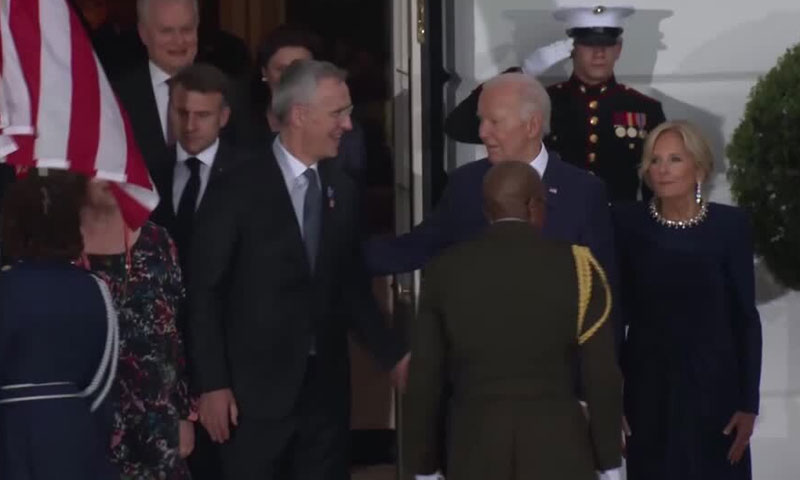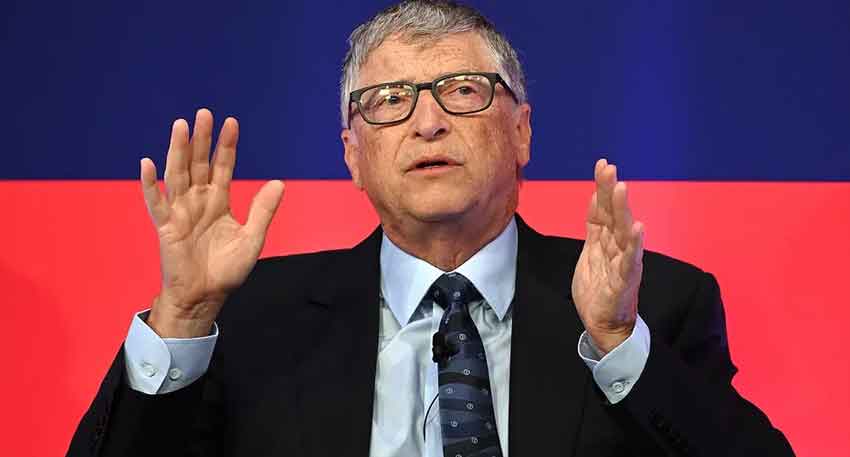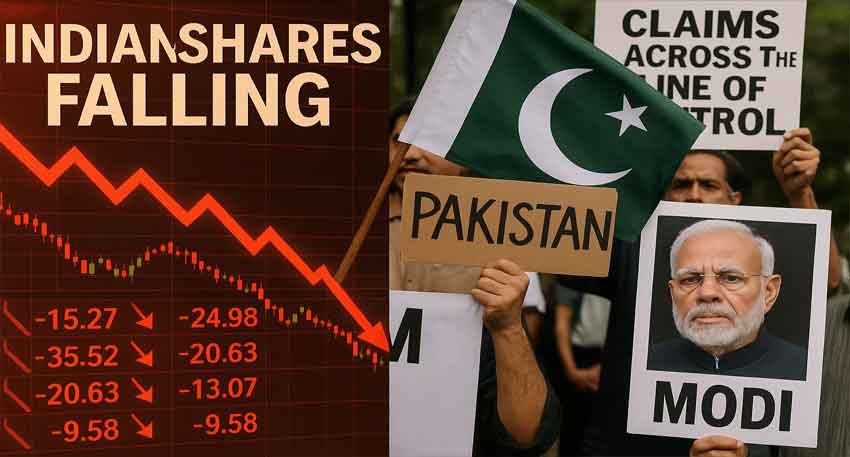
The decision will send Germany the most potent U.S. weapons to be based on the European continent since the Cold War, in a clear warning to Russian President Vladimir Putin.
A U.S.-German statement said the "episodic deployments" were in preparation for longer-term stationing in Europe of capabilities that would include SM-6, Tomahawk and developmental hypersonic weapons with greater range.
The move would have been banned under the Intermediate-Range Nuclear Forces Treaty signed by the U.S. and the Soviet Union in 1987 but that collapsed in 2019.
"We cannot discount the possibility of an attack against Allies’ sovereignty and territorial integrity," the allies said in a communique released on Wednesday.
Also read: Ukraine will stop Putin, Biden tells NATO in forceful speech
More aid was headed to Ukraine as the allies bolster Ukrainian President Volodymyr Zelenskiy.
A communique said the allies intend to provide Ukraine with at least 40 billion euros (S$58.4 billion) in military aid within the next year, but stopped short of the multi-year commitment Nato Secretary General Jens Stoltenberg had sought.
The document also strengthened past Nato language on China, calling it a "decisive enabler" of Russia s war effort in Ukraine and saying Beijing continues to pose systemic challenges to Euro-Atlantic security.
Stoltenberg told reporters it was the first time the 32 allies had jointly labelled China a decisive enabler of Russia s war and called it an important message.
He said Nato was not an organisation that imposes sanctions, but added: "At the end of the day, this will be for individual allies to make decisions, but I think the message we send from Nato from this summit is very clear."
Also read: Putin warns South Korea not to make ‘a big mistake’ by arming Ukraine
US President Biden said in a speech on July 9 that Nato was "stronger than it s ever been" and that Ukraine can and will stop Russian President Vladimir Putin "with our full, collective support."
On July 10, he said he was pleased all Nato members were pledging to expand their industrial bases and to develop plans for defence production at home.
"We cannot allow the alliance to fall behind," Biden said. "We can and will defend every inch of Nato territory and we ll do it together."
At the White House, Biden and new British Prime Minister Keir Starmer had a back-and-forth exchange and shared laughs and congratulations over England s 2-1 win over the Netherlands in the Euro 2024 football tournament.
Biden described the United Kingdom as the "knot" tying together the trans-Atlantic Nato alliance and said that the two countries must continue to co-operate.
Biden, 81, has faced questions about his fitness for office after fumbling a June 27 debate and hopes the Nato spotlight will help him stage a comeback of sorts, surrounded by allied leaders he has spent his three years in office cultivating.
However, November s US presidential election could presage a sharp change in Washington s support for Ukraine and Nato. Republican candidate Donald Trump, 78, has questioned the amount of aid given to Ukraine to fight Russia s invasion and US support for allies generally.




